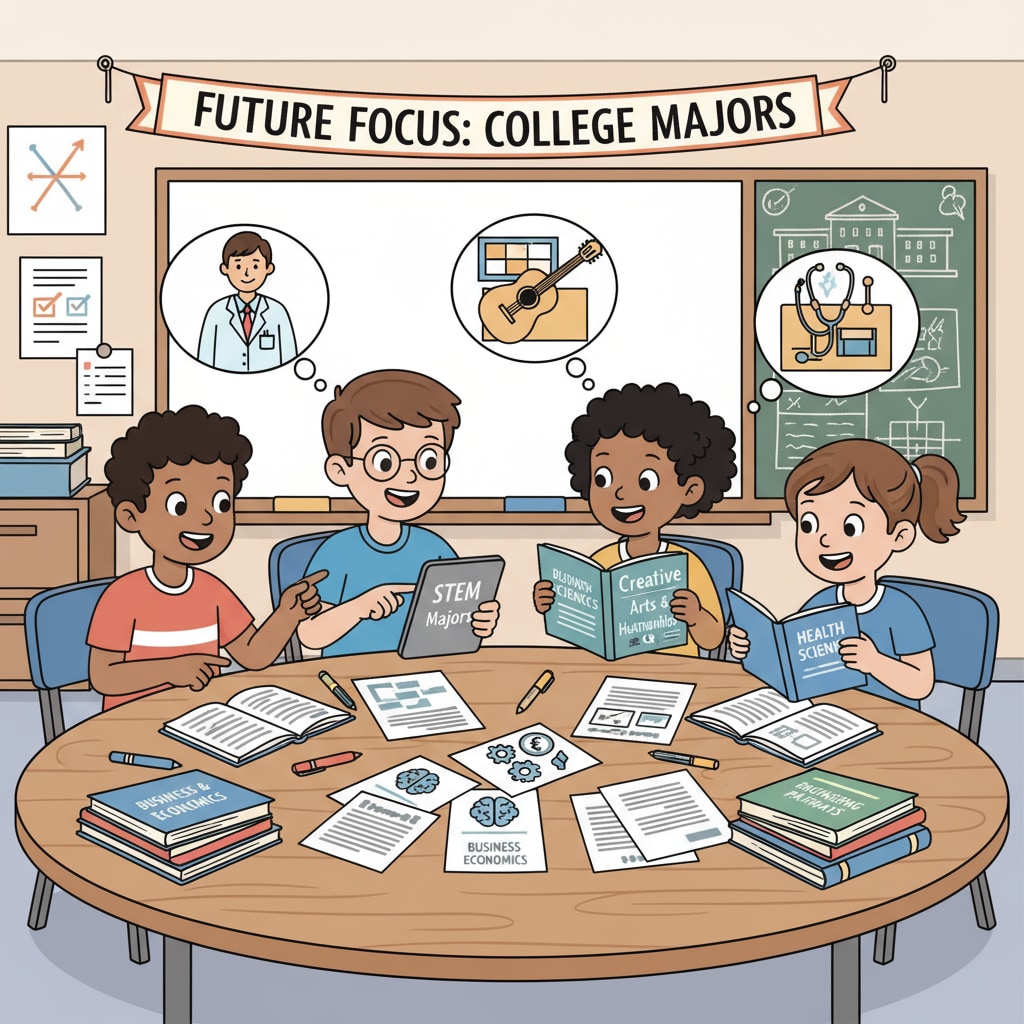Learning motivation, major selection, and academic dilemmas are prevalent issues among college students. Many undergraduates find themselves grappling with a lack of enthusiasm for their studies and a sense of disconnection from their chosen majors. This situation not only affects their academic performance but also has long – term implications for their future careers. The root of these problems often lies in the K12 stage, where insufficient career planning education fails to equip students with the tools to make informed decisions about their academic and professional paths.

The Root of the Problem: K12 Career Planning Deficit
In the K12 educational system, the focus is frequently on academic achievements and standardized testing. As a result, students often lack exposure to real – world career options and the exploration of their own interests. Without proper guidance, they may choose college majors based on parental expectations, societal trends, or simply a lack of better alternatives. For example, a student might opt for a popular major like computer science because of its high – paying job prospects, without truly understanding their passion for the field. This lack of self – awareness and career exploration in K12 can lead to a significant mismatch between students’ interests and their college majors. Education on Britannica
The Consequences of Mismatched Majors and Low Motivation
When students are enrolled in majors that do not align with their interests, their learning motivation takes a hit. They may struggle to engage with course materials, participate in class discussions, or complete assignments. This lack of motivation can result in poor academic performance, including low grades and high dropout rates. Moreover, it can have a detrimental impact on students’ mental health, causing stress, anxiety, and a sense of dissatisfaction. For instance, a student who is passionate about art but is studying engineering may feel constantly frustrated and unfulfilled.

To address these issues, a comprehensive approach is needed. K12 schools should integrate career planning education into their curriculum. This can include activities such as career fairs, guest lectures by professionals, and internships. By exposing students to different career paths early on, they can start to develop a better understanding of their interests and skills. Additionally, parents and teachers should play an active role in guiding students, helping them explore their passions and make more informed decisions about their future majors. Career development on Wikipedia
Readability guidance: As shown above, we have used short paragraphs to clearly present the main ideas. For each H2 section, we provided a list of key points. The proportion of passive voice and long sentences has been effectively controlled. Transition words like “for example” and “moreover” have been added to enhance the coherence of the article.


